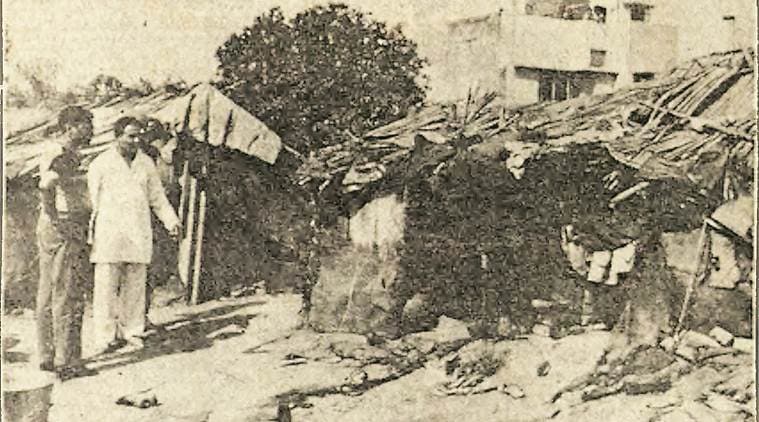 49 people were killed in Delhi. (Express Archive)
49 people were killed in Delhi. (Express Archive)
A Delhi court has acquitted 30 of the 59 accused in the transistor bomb blasts of 1985, saying the “investigation conducted in these cases was defective, lopsided, unfair and suffered from various lacunae”.
On the evening of May 10, 1985, bombs fitted in transistors went off in buses and other places in Delhi and adjoining areas of Uttar Pradesh and Haryana, killing 49 people and injuring 127 in Delhi alone. A Special Investigation Team, under the supervision of then DCP (Central) of Delhi Police, had chargesheeted 59 accused. While five of the 59 are proclaimed offenders and never appeared for trial, the trial court in July 2006 discharged five due to “insufficient evidence”. Of the remaining 49 accused, 19 died during pendency of the trail, leaving the 30 accused who have been on bail since 1986.
In his order on March 5, Additional Sessions Judge Sandeep Yadav said, “It is clear.that none of the circumstances from which the inference of guilt of the accused was sought to be drawn by the prosecution was proved by cogent and reliable evidence. There are vital links missing in the chain of circumstances and it could not be proved conclusively that the crime was committed by the accused persons and none else”.
Pulling up the police for its “high handedness” and saying the accused cannot be convicted on the basis of “such faulty investigation”, the court said, “It is amply clear from the evidence adduced on record that during investigation of the present case, police officials had picked up various persons and made them approvers after pressurising and torturing them. Those persons were warned that if they did not depose as per demands of police, then they would be made an accused in the present case.”
The judge said that a “number of witnesses had deposed about the manner in which police pressurised persons to depose on the dotted lines so as to create a false edifice of the alleged conspiracy. Jagjit Singh who turned approver deposed before the Court the manner in which he was tortured and made to sign documents and statements under fear of his life and that of his daughters.”
The court in its 128-page order also said the prosecution failed to establish the motive to commit the crime. “It is prosecution’s version that accused persons had hatched a conspiracy to create disharmony amongst various communities to take revenge (for) Blue Star Operation and riots that happened in November 1984. However, prosecution miserably failed to prove that any relatives, friends, near and dears of accused persons died in 1984 riots or in Blue Star Operation,” Judge Yadav said.
The latest court order, which comes at the end of an investigation and trial that saw eight FIRs, 14 chargesheets, 1399 prosecution witnesses and around two dozen judges, the 30 accused have been acquitted of various charges of the IPC, including murder, attempt to murder, criminal conspiracy and waging war against the government of India, under the Explosive Substances Act and the Arms Act. The cases from UP and Haryana were later transferred to Delhi on the Supreme Court’s direction.
The charges were framed only in 2006, by which time many witnesses died or were not traceable and the original chargesheet filed by Delhi Police was misplaced, leading to an FIR and initiation of a departmental inquiry against the “court officials responsible”.
“Unfortunately, the original chargesheet filed by Delhi Police itself was misplaced and reconstructed chargesheet was filed by police. Therefore, prosecution cannot establish existence of original documents on the basis of list of documents mentioned in the charge sheet,” the court noted.
The police case rested on the “secret information” they received that transistor bombs were allegedly being manufactured at the home of one Kartar Singh Narang in West Delhi. On May 12, 1985, police raided Narang’s house and arrested him along with two of his alleged accomplices, Mohinder Singh Oberoi and Manmohan Singh Khalsa. Police claimed to have recovered bombs, gunpowder, electronic devices, pistols and iron rods from the possession of the three men, of whom Khalsa later died in police custody.
While acquitting the accused, Judge Yadav said, “Whenever recoveries were effected… no effort was made by Investigating Officers to associate public witnesses to recovery/search proceedings rendering the same doubtful.”